Minimizing Stress in Shrimp
Definition of Shrimp Stress:
Stress is a state where the organism’s homeostasis is disrupted, resulting in an abnormal physiological condition caused by adverse environmental or internal factors, known as stressors. When external conditions change and the body cannot maintain homeostasis, the animal enters a state of stress and must go through a process of adapting to the new environment. Although this is one view, the precise definition of stress remains beyond the full understanding of scientists despite many years of research.
However, not all stressors are harmful. In production, stress factors are often utilized to stimulate growth, early reproduction, and improve productivity and product quality, such as by supplementing with vitamins, minerals, and amino acids, or by using controlled light intensity to speed up reproduction. Today, in industrial farming, beneficial stress factors are widely applied to enhance productivity, improve livestock quality, and prevent diseases.
Causes and Effects:
In shrimp farming, stressors include weather changes, abrupt food changes, co-culturing, transportation, confinement, overuse of medications, and poor water quality. These factors negatively affect shrimp, disrupting their normal growth and development. Specific stressors in shrimp ponds include sudden changes in temperature, pH, salinity, continuous rain, prolonged heat, transportation of juvenile shrimp, high stocking density, low oxygen levels, high concentrations of CO2, NH3, and H2S, suspended solids, heavy metals in the pond, fungal or bacterial toxins, pesticides, poor nutrition, molting, excessive chemical use, or diseases caused by parasites, bacteria, or viruses.
Shrimp experiencing stress may reduce or stop eating, show abnormal coloration such as pale pink, light purple, or darker than usual, and may develop bent bodies or muscle opacity. Stress is common in all shrimp ponds, particularly in intensive farming, and although it can be subtle, it disrupts metabolism, leads to mineral loss, reduces nutrient absorption, slows digestion, impairs swimming ability, weakens the immune system, and increases disease susceptibility, often leading to death.
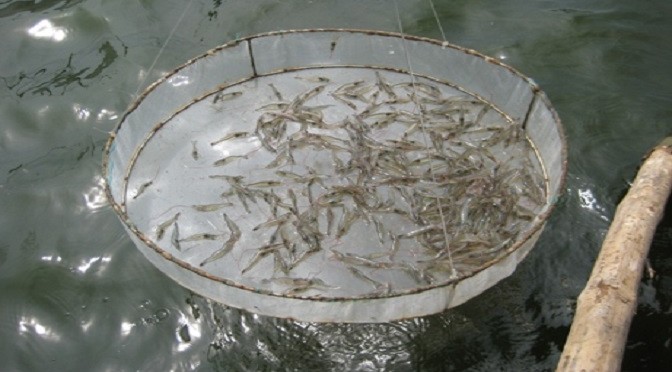
Measures to Minimize Shrimp Stress:
Shrimp can experience stress from various factors during farming. Proactively implementing biosecurity measures from the start is the best approach to minimize stress. Disease prevention during farming includes managing shrimp stock, feed, and water quality, and monitoring shrimp health. Steps include: selecting disease-free, certified shrimp stock, following proper technical procedures, minimizing environmental impacts on shrimp health (e.g., fluctuations in physical and chemical water factors, or the presence of pathogens in the pond), preventing disease from poor-quality stock, contaminated water, or pathogens introduced from external sources due to poor sanitation practices.
Strict management of drug and chemical use is also critical: only use when absolutely necessary, avoid overuse, and only use approved drugs and chemicals. Proper storage and careful record-keeping of all drugs and chemicals are essential. Monitoring shrimp activity, behavior at feeding, and signs of health (such as gut content and external symptoms) is equally important.
Additionally, closely observing molting signs allows for better control of water alkalinity, ensuring water quality for optimal shrimp growth, and enabling them to form new shells while increasing weight and quality before harvest. Regular use of probiotics and good water color management also help, as well as boosting the shrimp’s immune system with environmental management and supplementation of products like beta-glucan and vitamins C, A, and E in their feed.
Contact AQUA MINA for consultation and supply of aquaculture round tanks and aquaculture equipment for high-tech shrimp farming.
- Address: 685 National Highway 1A, Binh Hung Hoa Ward, Binh Tan District, Ho Chi Minh City
- Phone: 1800 6071 (Toll-free hotline)
- Email: sales@aquamina.com.vn or oversea@aquamina.com.vn
Aqua Mina's distributor in Japan:
REX INDUSTRIES CO., LTD
- Address: 1-9-3 Hishiya-Higashi, Higashi-Osaka 578-0948 JAPAN
- Email: kimakubo@rexind.co.jp
- Phone: +81-(0)72-961-9893
- Website: www.rexind.co.jp/e/](http://www.rexind.co.jp/e/
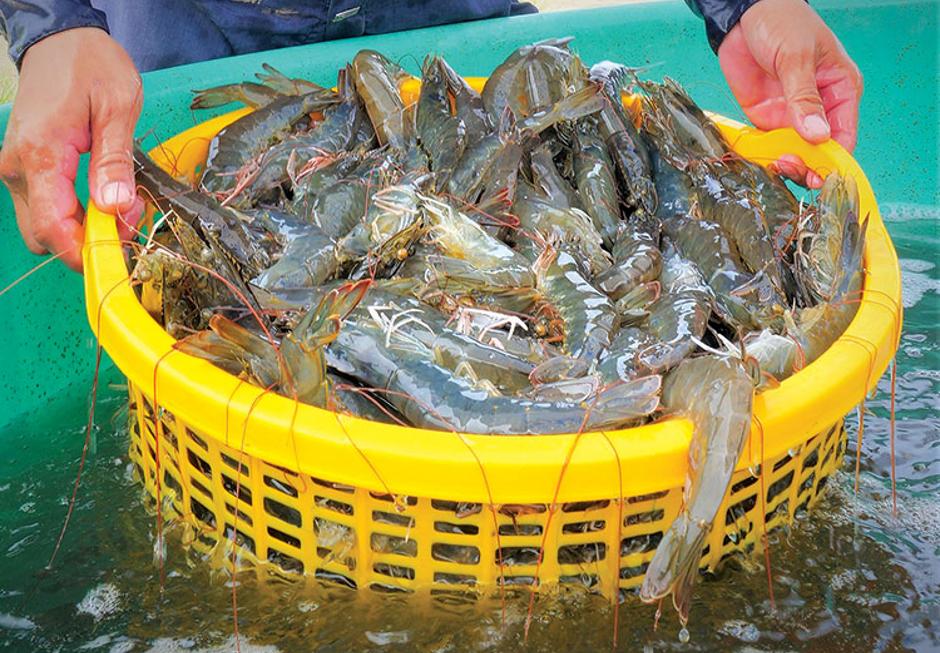
WE WORK FOR YOUR SUCCESS
Ngày đăng : 26/10/2024
2332 View
Other Articles
Indian shrimp pivot to the EU, increasing competitive pressure on Vietnam
Indoor shrimp farming in Europe: Investment challenges and the race to find a viable model
Shrimp production surged in the first month of the year, with exports benefiting from strong demand during the Lunar New Year holiday
Quang Ninh Accelerates Digital Transformation in Shrimp Farming, Rising to Lead Northern Vietnam
Lucky money is not just about cash — it’s Aqua Mina’s wish for a worry-free farming season for our valued customers
Việt Nam's top 10 seafood exporters command nearly one-fifth of industry revenue
Ca Mau Maintains Its Shrimp Brand in International Competition
VIETSHRIMP ASIA 2026 & AQUACULTURE VIETNAM 2026 – A TURNING POINT FOR THE MODERN SHRIMP FARMING INDUSTRY
Ecuador's shrimp industry educational program SustainED kicked off its 2026
An Giang will start raising brackish water shrimp as early as the beginning of 2026
Aqua Mina conducts the on-site installation of two aquaculture air blowers | Ceramic Ball Bearing – 15 kW – 25 kPa for a customer in Quang Ninh
Towards Building Brand Value for the Shrimp Industry








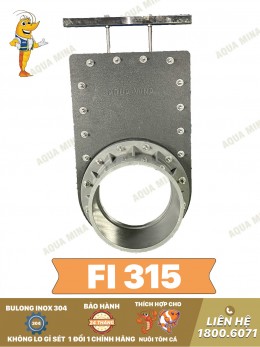
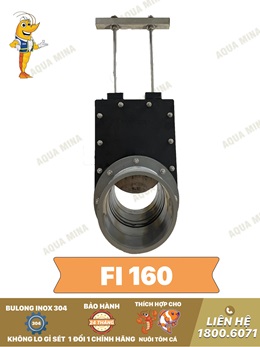
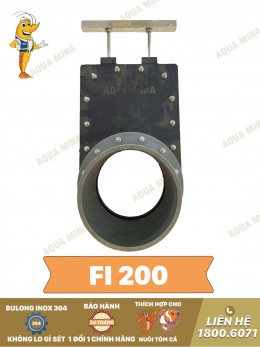
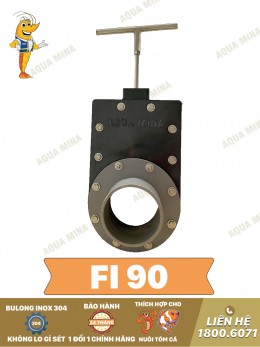
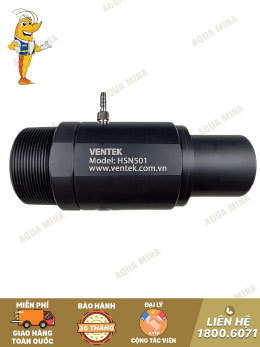
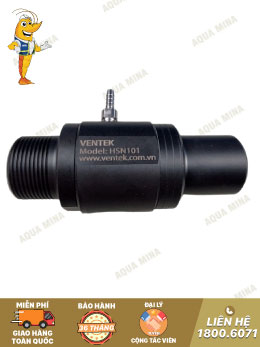

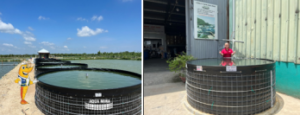
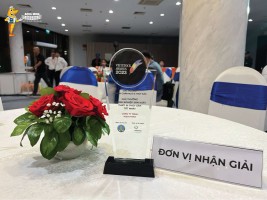
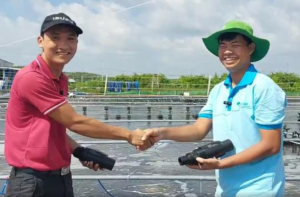
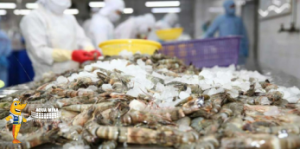
.jpg)